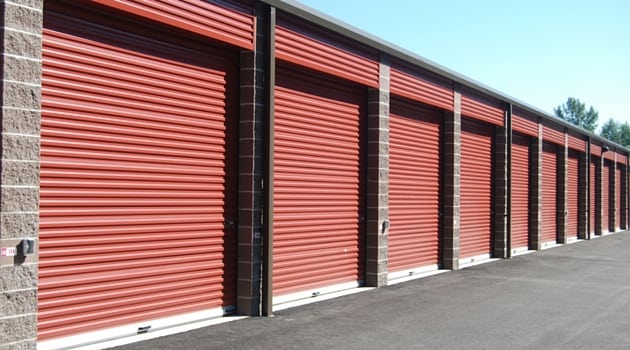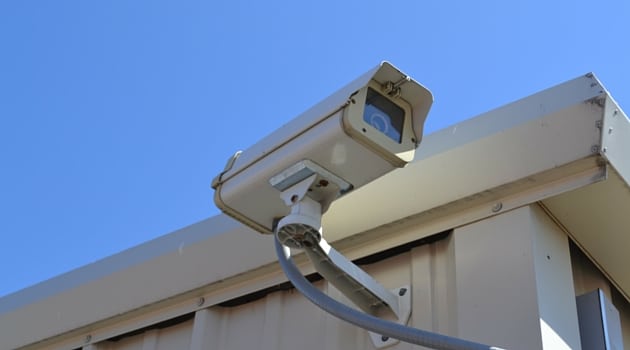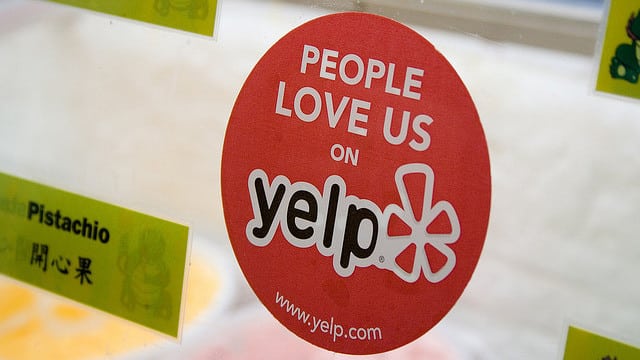Tips on Renting a Storage Unit

 If you’re running out of space in your home or office, a logical solution is to rent a storage unit. Below are some guidelines to making sure you get the right storage unit and that the storage facility offers the features you’re looking for.
If you’re running out of space in your home or office, a logical solution is to rent a storage unit. Below are some guidelines to making sure you get the right storage unit and that the storage facility offers the features you’re looking for.
Not all Storage Facilities are Equal
If you’ve never rented a storage unit before, you may still have an idea of what they are. At their base, storage units are enclosed spaces with which to store your belongings in a safe, dry environment. But you would be surprised at the large chasm that exists between facilities in regard to customer service, cleanliness, and security measures. While price is always a factor, saving a few bucks each month will pale in comparison to having your stuff stolen or damaged.
Picking the Right Sized Storage Unit
Once you’ve decided that a storage unit is a good idea, the next step is to decide the size. While your initial storage may be items that just won’t fit into the garage or basement, think about other items that live in your home that might be better stored in your storage unit. Things like holiday decorations that only get used during a certain time of year. Also, items such as lawn furniture and yard equipment.
In addition, you may want to evaluate not only what you want to store today, but you should try to anticipate what needs storing down the road. For instance, will you be downsizing any time soon? You may have extra furniture and other belongings that you want to keep, but won’t have room for.
Storage Location
When we say location, we mean both the location of the storage facility itself as well as the location of the unit at the facility. In regard to the location of the facility, you may be tempted to rent from a storage company that is closest to your existing home. While convenient, the facility may not have the features that you really want. A better plan is to broaden your search diameter to include facilities that are within a half-hour of your home. The fact is, you’re most likely not going to be visiting your storage unit every day, week or even month. By widening your search, you may even find one that offers better amenities at a lower price.
Once you identify the storage facility location, figure out where in the facility you want your unit to be. The first decision is whether the unit should be indoor or outdoor. An indoor unit is one that is located inside the storage unit building. These are accessed via an indoor hallway and located on the first, second or even third floor with upper floors accessible via elevator. The advantages of indoor units are that they are more comfortable to access, and your possessions will be more protected from the elements as well as kept at a relatively uniform temperature year-round. The disadvantages are that you may have more difficulty loading and unloading items, especially large items such as furniture. Your access hours may also be slightly more limited.
Outdoor units are those that are typically accessed by driving up to them. The advantage to these is in the ease of loading and unloading right into them. Also, sizes for outdoor units can range larger than indoor units. However, these units aren’t quite as cozy as their indoor counterparts. And you could find yourself having to move stuff in rain, snow, or other weather issues.
 Security
Security
You wouldn’t rent a storage unit if you thought there was a chance your belongings would be stolen, right? Well, this happens all too often with cut-rate storage companies. What you want to do is identify companies that use the latest security measures.
Do they feature digital video surveillance of the entire facility, indoors and out? Ask questions such as how long this footage is kept and how its recorded.
Also, find out what type of access system they use. Ideally, you’ll want a facility that offers either fingerprint sensors or personalized pin-code access. These types of entry systems allow the storage facility to track exactly who enters and exits and when. Some facilities also offer units that are individually alarmed for extra security.
Inspect the perimeter fencing of the facility. Does it go around the entire grounds? Is there any damage that could allow access?
Lastly, what type of locks are on the storage units themselves? There are typically three types of locks you’ll see on storage units. First is the traditional padlock. While inexpensive, these can be easily cut using bolt cutters. Next, are disc locks. These are similar to padlocks, but feature smaller, curved shackles that are more difficult to cut. Then you have cylinder locks, which are similar to the deadbolt lock found on your home’s front door. This is the most secure lock available, mainly because it cannot be cut using bolt cutters. The best advice is to look for a storage facility that offers this type of lock.
Look for Heated or Climate-Controlled Storage
In the old days of the storage industry, most storage facilities offered only unheated storage units. These units were not typically insulated either, meaning your possessions were exposed to the extremes of temperature and humidity, which, depending on what you stored could be very damaging to items such as electronics, antiques and other items.
Today, there are many higher-end facilities offering either heated storage units or climate-controlled units. Heated units keep the temperature up during winter months. They are also typically insulated so that during the summer months, temperatures won’t get too extreme inside the unit. Climate-controlled units are those that are thermostatically-regulated to a consistent temperature year-round. If you have sensitive items, this is the way to go.
Another thing to look for are units that are constructed of steel. Storage units that have wood framing and drywall absorb humidity and odors. These will eventually penetrate your belongings, degrading them.
Do A Site Visit
The best way to determine what you’re really getting is actually go to the facility you’re considering and ask to be shown around. A good storage company will have knowledgeable, friendly staff that will be more than happy to give you a full tour and answer all your questions. If you get a staff person that seems disinterested or annoyed with questions you ask, that should be a good indication of the type of service you’re likely to receive after you’ve rented.
Ask to see the actual storage unit you would be renting or at least one on the same floor or in the same area. This way, you can start envisioning what it will be like to move your stuff in and out and be able to calculate the effort required.
Ask other questions such as what the access and office hours are, whether the units are checked routinely for water leaks, and what type of pest control they use. Believe or not, some storage facilities have a big problem with rodents. You definitely don’t want to store your valuables in one of these.
 Reviews
Reviews
Check the reviews of the storage facility you’re considering. Whether you do this first or last, be sure to do it. Read not only the reviews on the company’s site, but the reviews on Yelp and Google. By reading reviews on multiple sites, you’ll be able to get a clear picture of what customers think of the facility.
Insurance
Most storage facilities require that you maintain insurance for the contents in your unit. You’ll want to check with our insurance company to see if your homeowners or renter’s insurance covers your items in storage. If not, storage insurance will almost invariably be available through the storage company itself. The advantages of using the storage company’s insurance are that it’s typically very inexpensive, often covers rodent damage and items in transit, and frequently comes with no deductible, whereas if you make a claim with your homeowner’s insurance, you’ll first have to pay your deductible and then run the risk of your insurance being upped or canceled.
Leasing and Payment
Determine what the company’s leasing policy is. Do they offer month-to-month leasing with no deposit or last month’s rent? If you leave mid-month are you responsible for the entire month? A good facility will let you rent from month-to-month without a long lease agreement. If you leave mid-month, you won’t be charged for a full month of rent if proper notice has been given.
Learn when payments are due, about the company’s late payment policy, and payment methods. Some storage companies offer direct pay options as well as online bill pay to make paying your bill easy.
Conclusion
Storing your belongings in a storage facility has come a long way. With so many storage options out there, it’s important to do your homework to ensure you get the storage you want and need.

About the Author: Derek Hines
Digital Marketing Specialist
Derek is originally from the great state of Wisconsin (go Badgers), but is slowly becoming a Pacific Northwesterner. As part of the Digital Marketing team, he writes extensively on storage, moving and life for West Coast Self-Storage, based in Everett, Washington.
